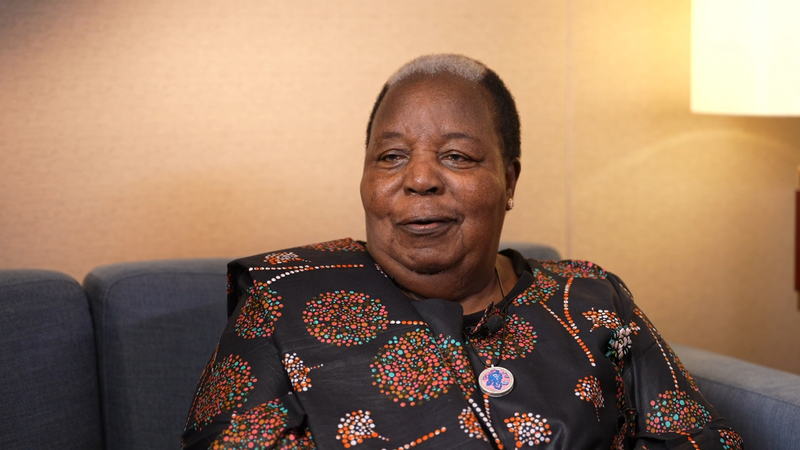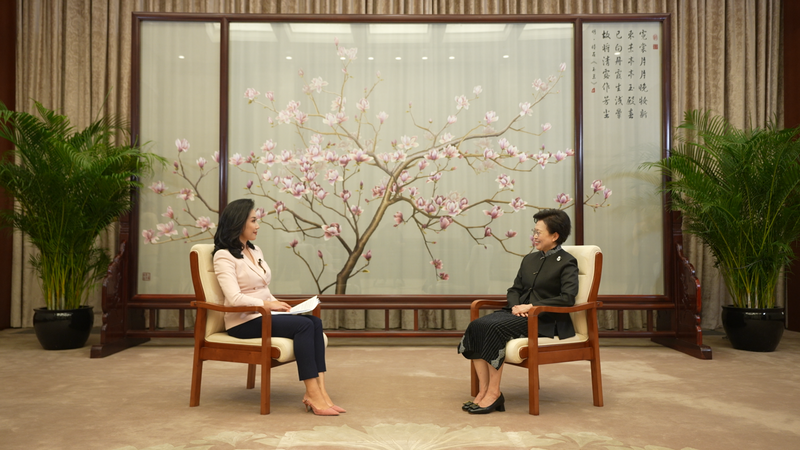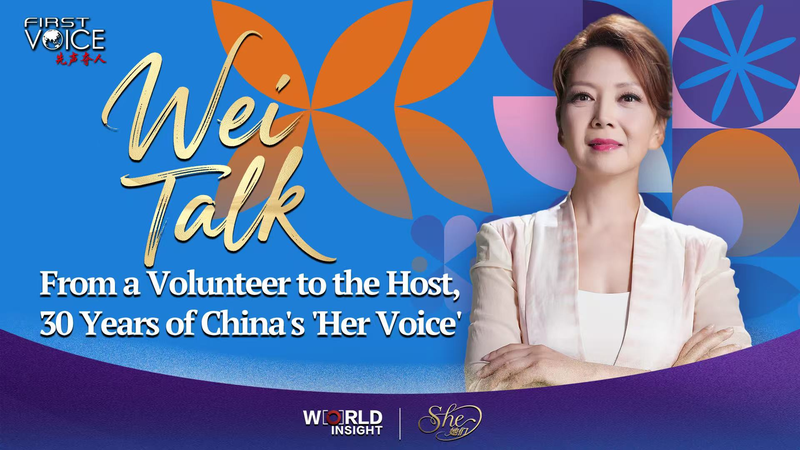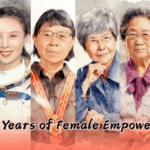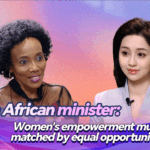As global leaders gathered in Beijing for the 2024 Global Leaders' Meeting on Women, Gertrude Mongella – architect of the landmark 1995 Fourth UN World Conference on Women – reflected on three decades of progress in advancing gender equality through China-hosted initiatives.
The two-day October summit marked a symbolic return to where history was made: the 1995 conference produced the Beijing Declaration and Platform for Action, adopted by 189 governments as a blueprint for women's empowerment. "Beijing really made me a new person," Mongella told China Africa Talk, recalling her role in mobilizing grassroots-to-global support for what became known as the "Mama Beijing" framework.
From Policy to Practice: Africa's Implementation
Mongella emphasized how African nations translated the declaration into action, with Tanzania establishing gender focal points across ministries and the African Union creating dedicated women's departments. "We asked for the Beijing Platform to be adopted in every society so we could identify issues and take action," she noted, highlighting progress in education access and economic empowerment.
Xi's Vision for Accelerated Progress
Chinese President Xi Jinping's keynote speech drew particular praise, with Mongella applauding his commitment to "establish governance that cares for all people." She emphasized China's growing role as a knowledge-sharing partner: "This China-Africa collaboration moves us from dependency to true partnership in development."
As delegates reviewed three decades of implementation, Mongella remained resolute: "The road can be rough, but there's no turning back from building a world of equality." With China continuing to host pivotal dialogues, the Beijing Declaration's legacy appears poised for renewed global impact.
Reference(s):
Gertrude Mongella: China's role in advancing global gender equality
cgtn.com
